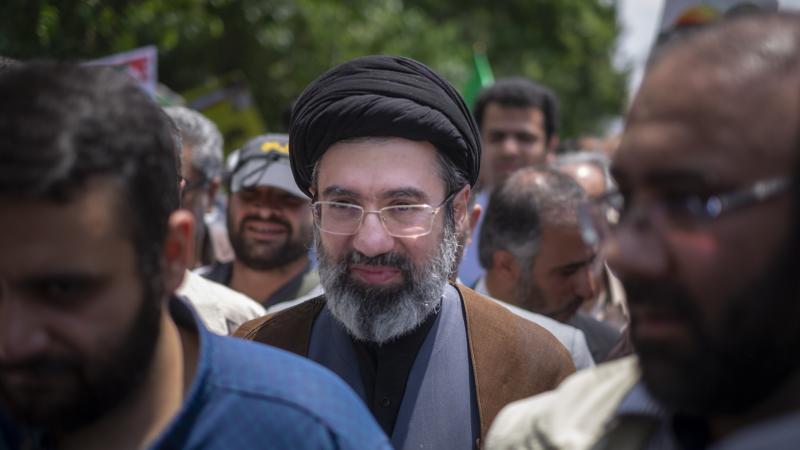New York legislation could make COVID-19 vaccination mandatory
"The department shall mandate vaccination for all individuals," the bill in part states.
A New York lawmaker is proposing legislation to make a COVID-19 vaccine mandatory if too few residents voluntarily get the immunization.
Assembly member Linda Rosenthal, who represents parts of Manhattan's West Side, has introduced a bill that would require the state to "safely and effectively" distribute an FDA-approved vaccine "in accordance with the department [of health]'s COVID-19 vaccination administration program," according to the language of the legislation.
The bill states, "If public health officials determine that residents of the state are not developing sufficient immunity from COVID-19, the department shall mandate vaccination for all individuals."
The text of the bill also states, in part, "if public health officials determine that residents of the state are not developing sufficient immunity from COVID-19, the department shall mandate vaccination for all individuals or groups of individuals who, as shown by clinical data, are proven to be safe to receive such vaccine."
However, the bill does not define "sufficient immunity," so public health officials would presumably decide whether that benchmark has been met.
A memo with the bill states: "While steps have been taken to reduce the spread of COVID-19, epidemiologists and public health experts have concluded that a vaccine will be necessary to develop herd immunity and ultimately stop the spread of the disease. The state must make efforts to promote vaccination and ensure that a high enough percentage of the population is vaccinated against COVID-19 to develop sufficient immunity."
Still, the bill allows residents with underlying health conditions to opt out.
"Any individual who has received a medical exemption from a licensed medical professional shall not be mandated to receive the COVID-19 vaccine and shall be excluded from the requirements of this section," the bill states.
"It's a protective health measure," Rosenthal told WGRZ-TV. "It's to ensure that our residents are safe and protected against further spread." She added: "the concept of herd immunity is very important, and not everyone will have to get the vaccination if a certain threshold of the population has gotten it."
She said the threshold would have to be 75%-80% and added that she thinks enough people will be voluntarily to take the vaccine to reach that.
"However, there is the possibility that we don't and in that event to protect the public health, the department of health of the state can then say that we need people to get the vaccination," Rosenthal said.
A Food and Drug Administration advisory committee said earlier this week said the vaccine by Pfizer and BioNTech meets safety and efficacy standard, which is expected within days to result in full FDA emergency-use approval.
The CDC's Advisory Committee on Immunization Practices (ACIP) on Dec. 2 voted to direct that healthcare workers and residents of long-term care facilities will be the first to get the shots in the initial rollout – once federal regulators authorize use of a vaccine. The recommendation was approved CDC Director Robert Redfield, but governors will eventually have the final say on who gets the vaccine first.
The FDA’s vaccine advisory committee is set to meet Dec. 17 to review data from the two companies.















